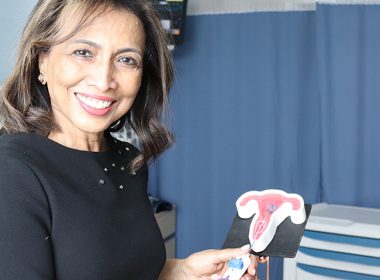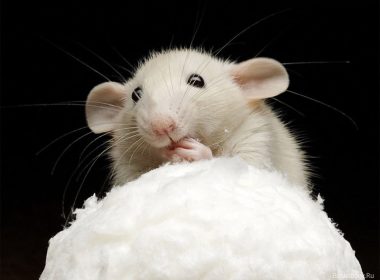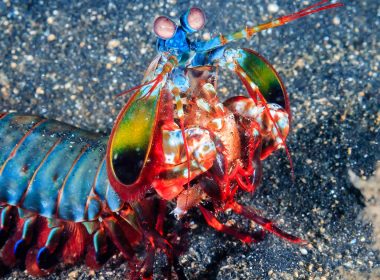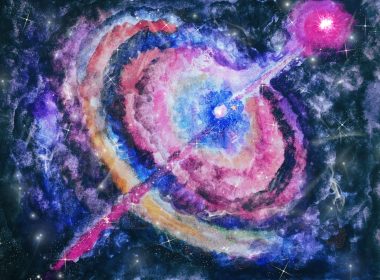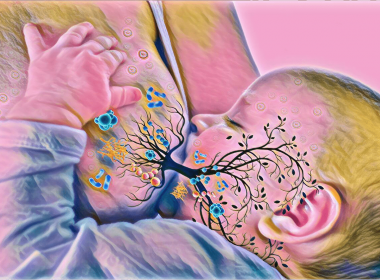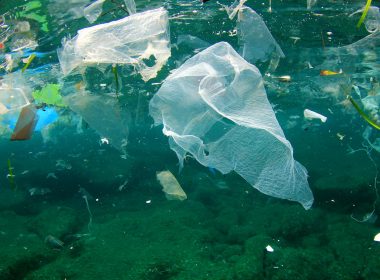Women’s achievements and contributions to medical science have long been overlooked. To combat this prejudice and recognize their accomplishments across all disciplines, the annual Top 25 Women of Influence awards highlight Canadian women who have inspired positive change in their field of work. This year, Dr. Lucy Gilbert, a professor[Read More…]
Science & Technology
The latest in science and technology.
Deadly pollutant PM2.5 is lacking regulations worldwide
Particulate matter (PM) 2.5 is a group of airborne particles smaller than 2.5 micrometres found in ash, dust, vehicle exhaust, smoke, and sometimes the air we breathe. A micrometre is roughly one-millionth of a metre—about 30 times smaller than the average diameter of a human hair—and is only visible with[Read More…]
Rat community ravaged by Oreo epidemic
This article was originally published in The Razette but The McGill Tribune was able to translate and report on this very important issue. To many rodents, Oreo cookies filled with processed sugar and a satisfying ratio of cookie to creme have long been a sweet treat to nibble on. The Aristorat Academy[Read More…]
Shrimp do not see a kaleidoscope of colours, they are just really stupid
This article was taken from The Seahorse Report, an undersea publication run by seahorses. The Seahorse Report Mantis shrimp have long claimed that their visual processing capabilities outshine those of all other sea creatures. They have had us sea dwellers and our human overlords wrapped around their claws for a[Read More…]
Interstellar travel: Sending tiny spacecrafts to the stars
Exploring what lies in the expanse of our universe has always been a topic of interest for scientists and engineers. This curiosity has shaped the field of space exploration and propelled nations to send astronauts to explore the cosmos. Experiments enacted beyond the confines of our planet have yielded a[Read More…]
Exploring the microbiota of human breast milk
Until recently, scientists presumed that breast milk—the primary source of infant nutrition— was microbe-free. However, recent studies have found that breast milk contains a healthy dose of good bacteria. These microbes originate from the mother’s gut microbiota—the harmless micro-organisms that colonize the human digestive system. The microbiome performs diverse functions[Read More…]
PCR: The unlikely hero of the COVID-19 pandemic
Since the invention of the polymerase chain reaction (PCR) technique by Kary Mullis in 1985, scientists have taken for granted the ability to make millions of DNA copies. Despite being hailed as a groundbreaking technology at the time, its spotlight was stolen in 2013 by CRISPR, a precise gene editing[Read More…]
Sick and tired: How the medical field neglects women’s health
Compassion and respect towards patients are essential to delivering effective healthcare. Despite advances made by activists and patients alike, the medical field perpetuates its extensive history of sexism, putting women’s lives and well-being at risk. From dismissive doctors to inadequate research, the healthcare gender bias prevents women from receiving the[Read More…]
Meeting the wonderful members of the human microbiome
Microbes are often perceived as dangerous nuisances responsible for fatal diseases like tuberculosis. Yet, despite the negative connotations attached to their colloquial name, “germ,” trillions of harmless microbes live on our skin and within the human body, and help us survive and thrive. Lactobacillus: The plastic maker Lactobacillus is a family[Read More…]
Tiny plastics pose an immense danger to human life
The Earth’s atmosphere bears the necessary elements needed for human survival. However, as human plastic waste continues to multiply, the introduction of chemicals and toxins into the air and water is life-threatening to several species. Due to their size and properties, micro and nanoplastics indirectly pose dangers to human health. [Read More…]
